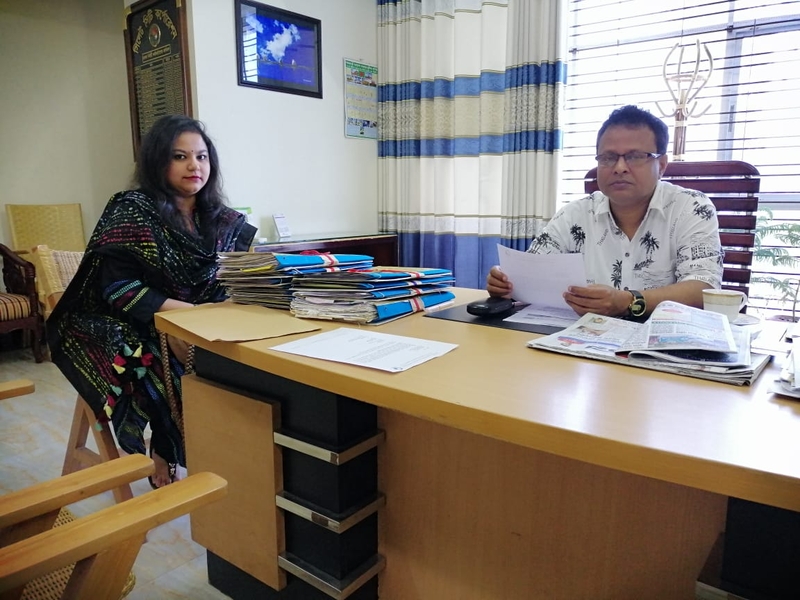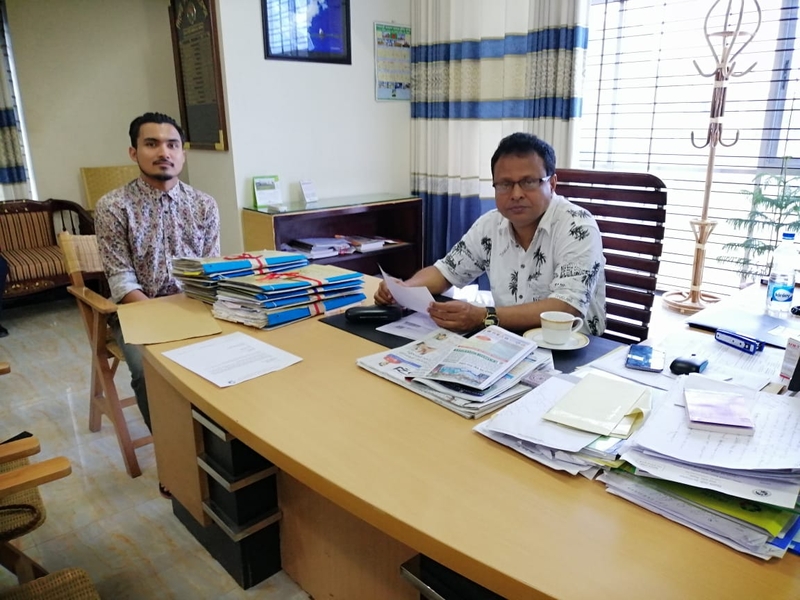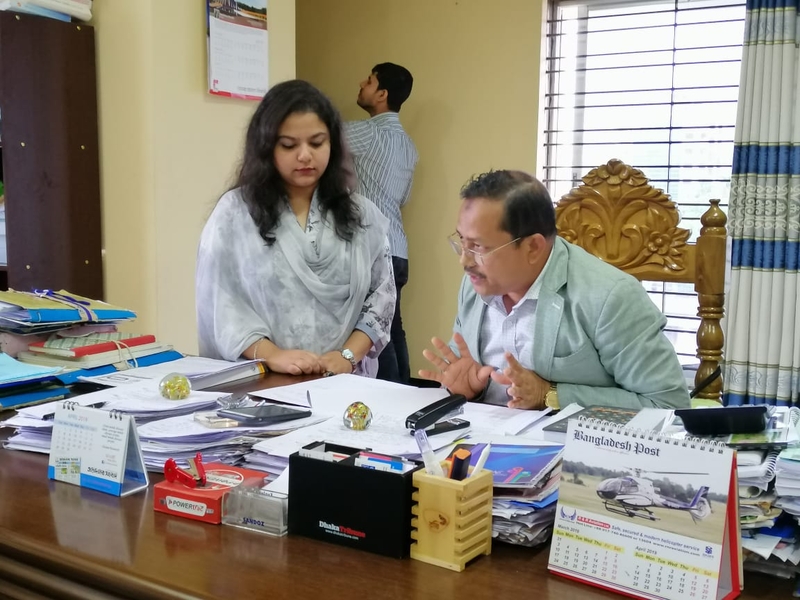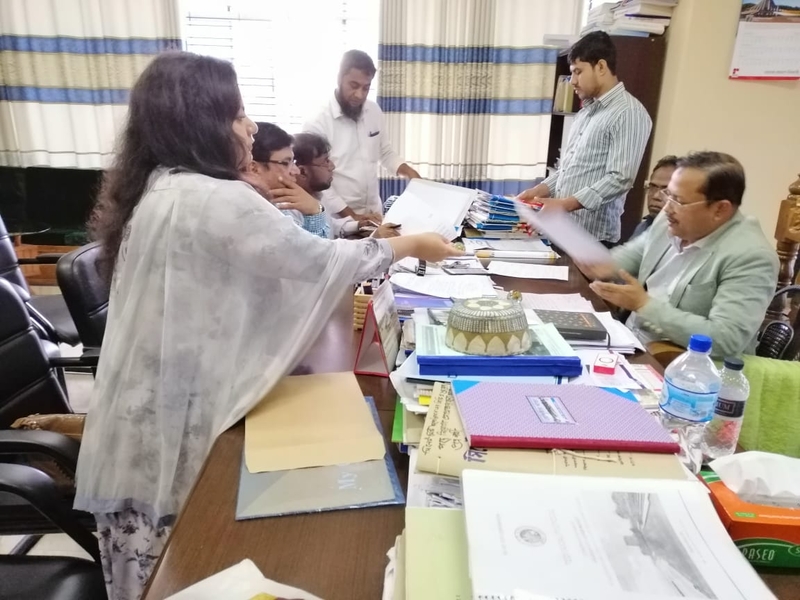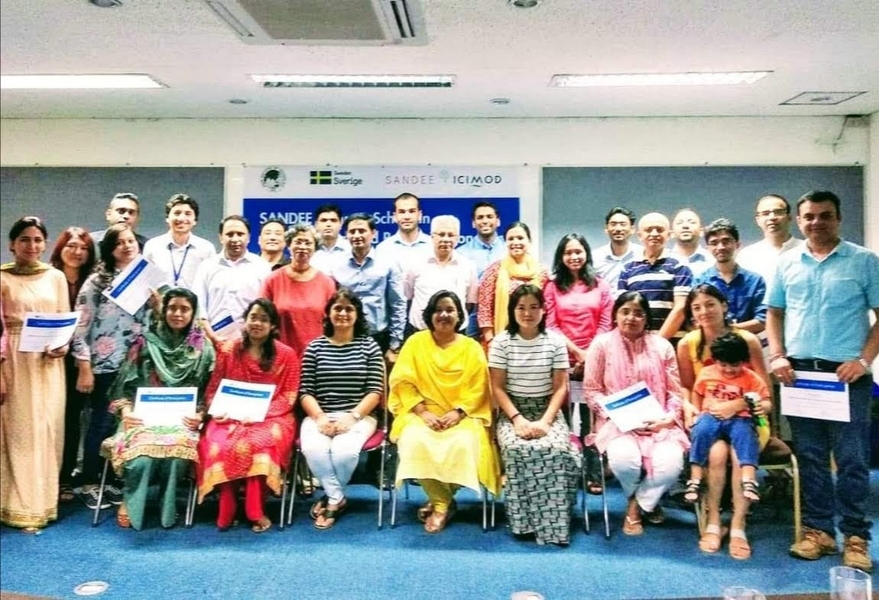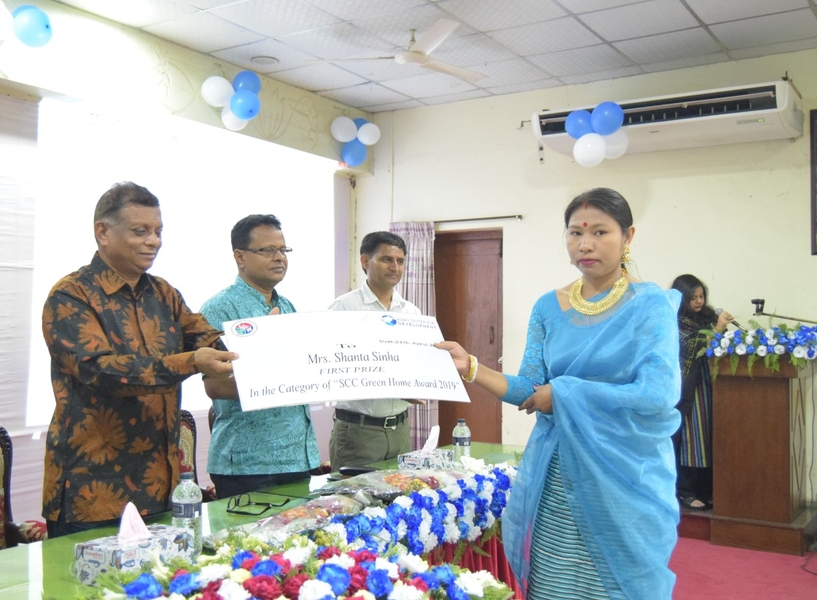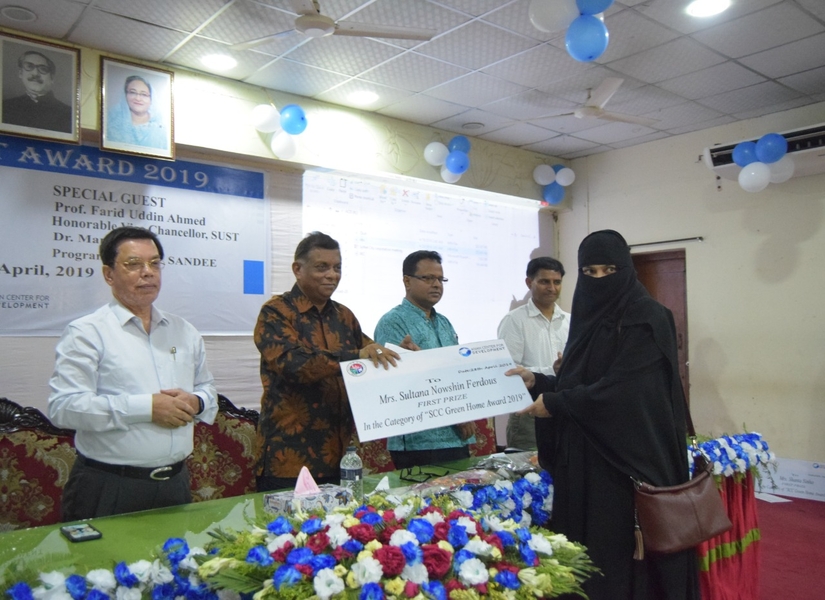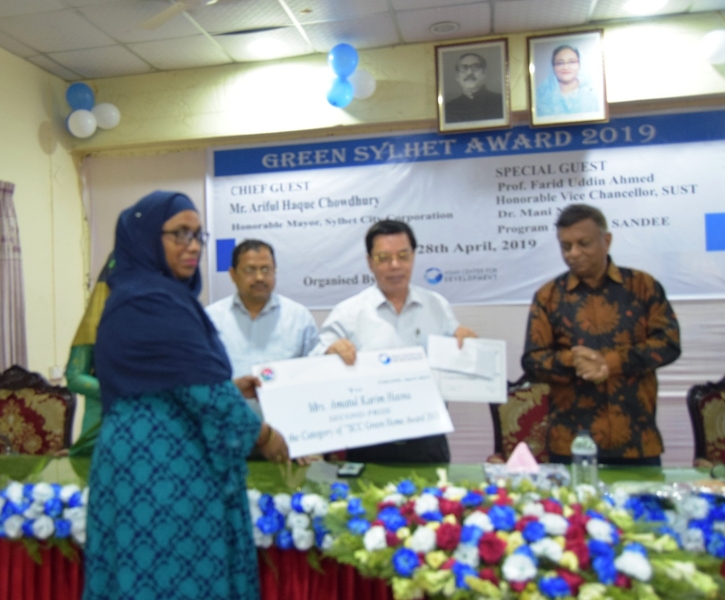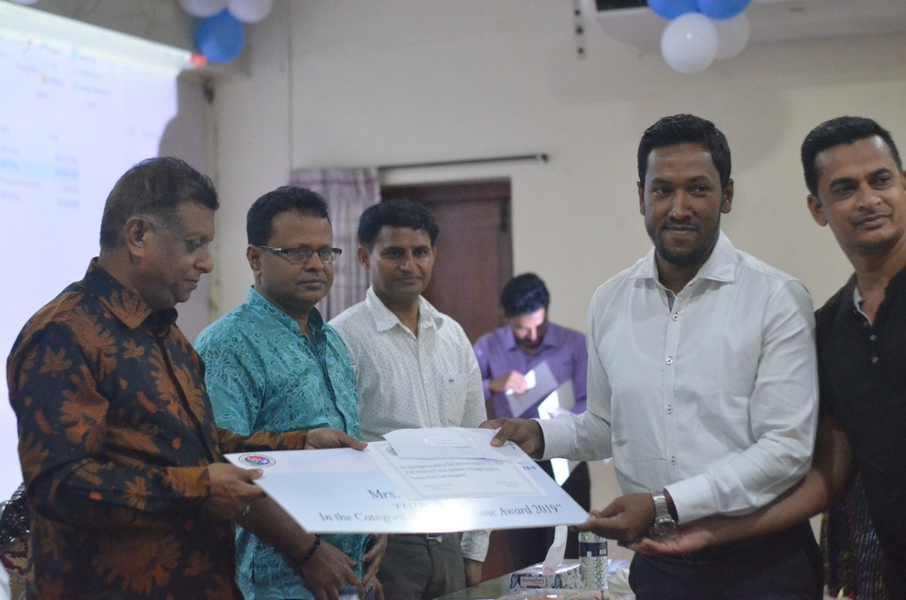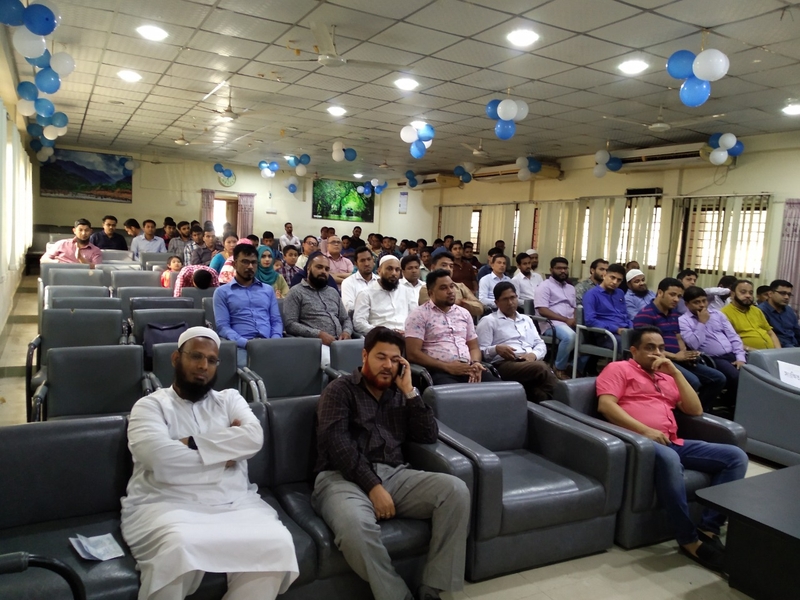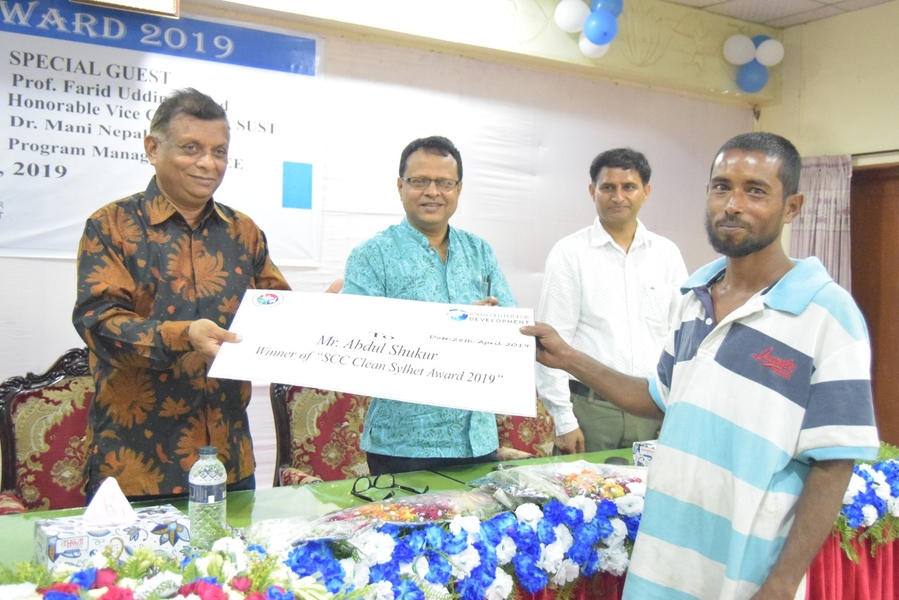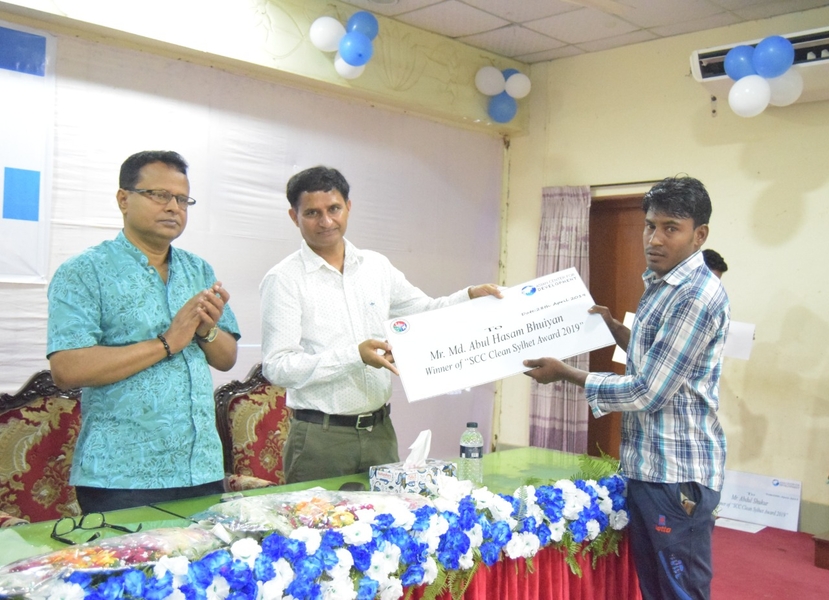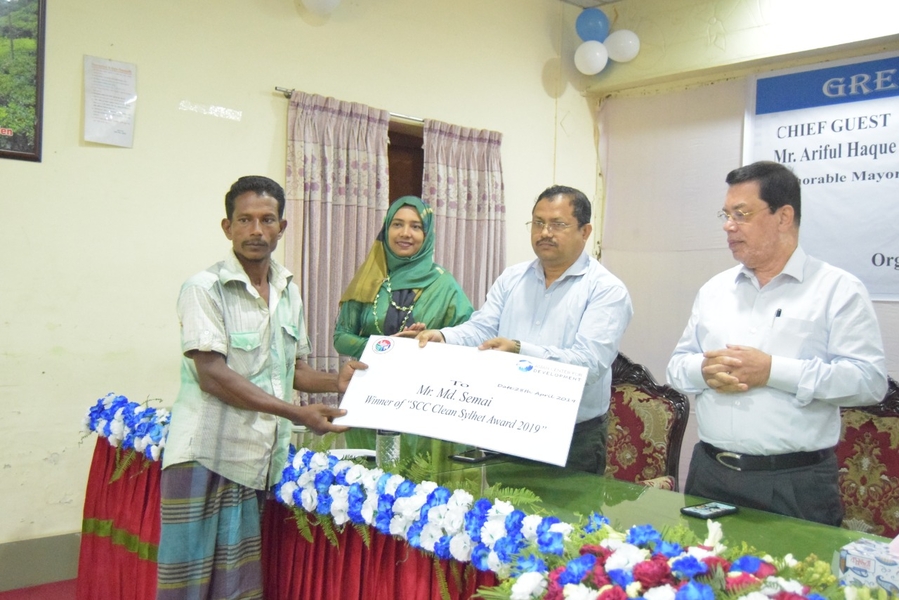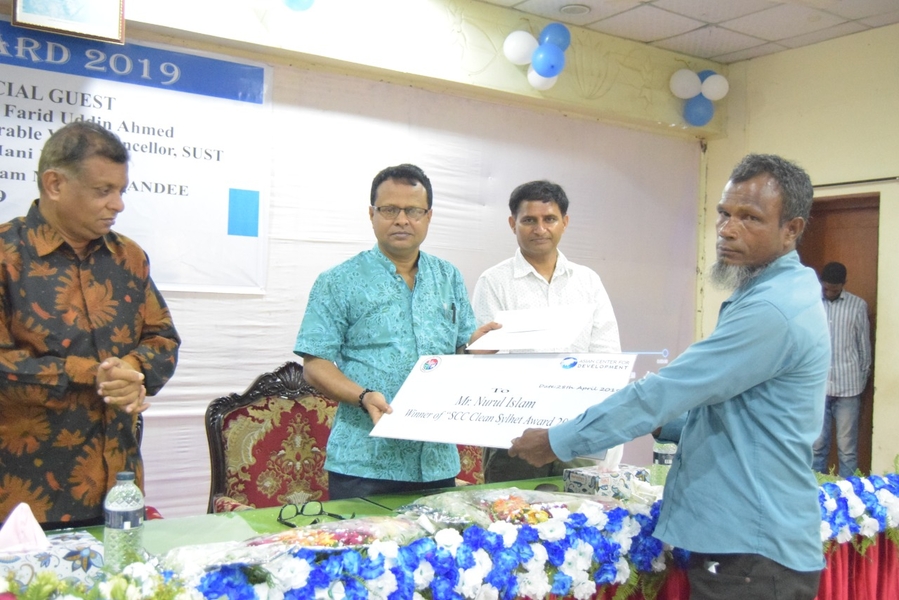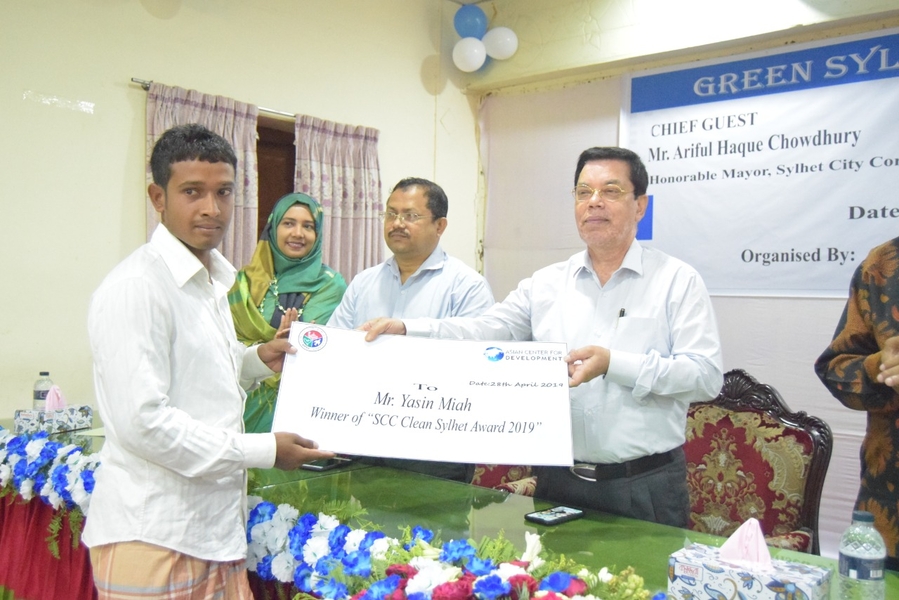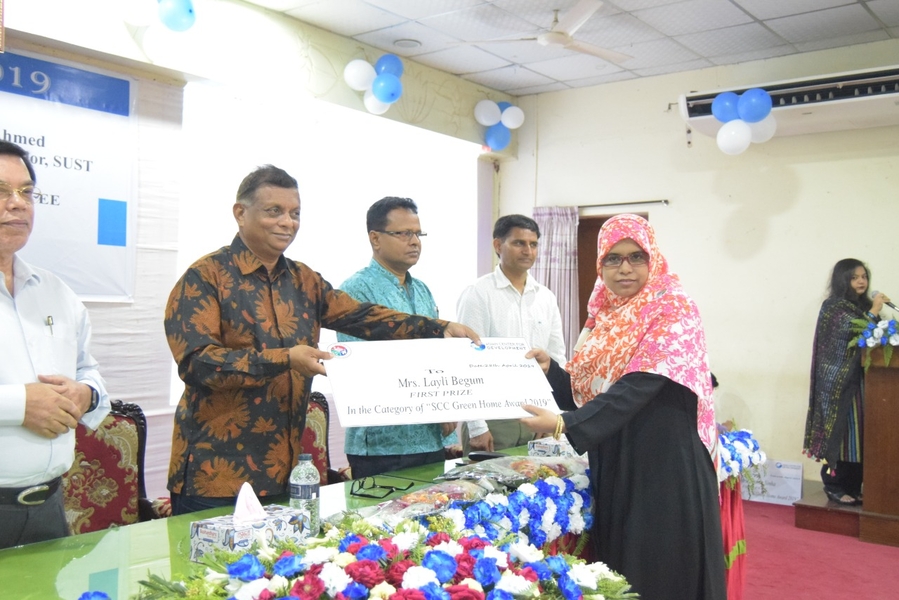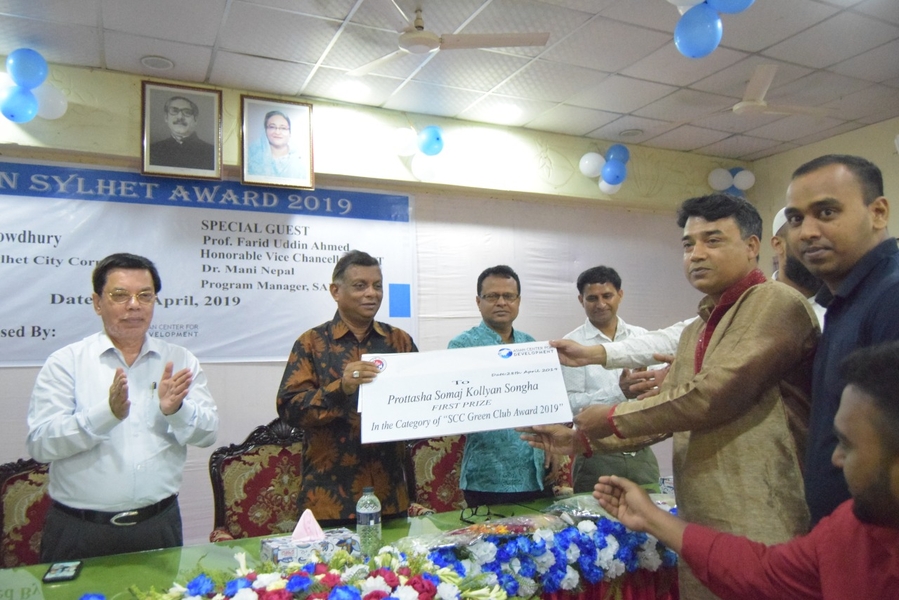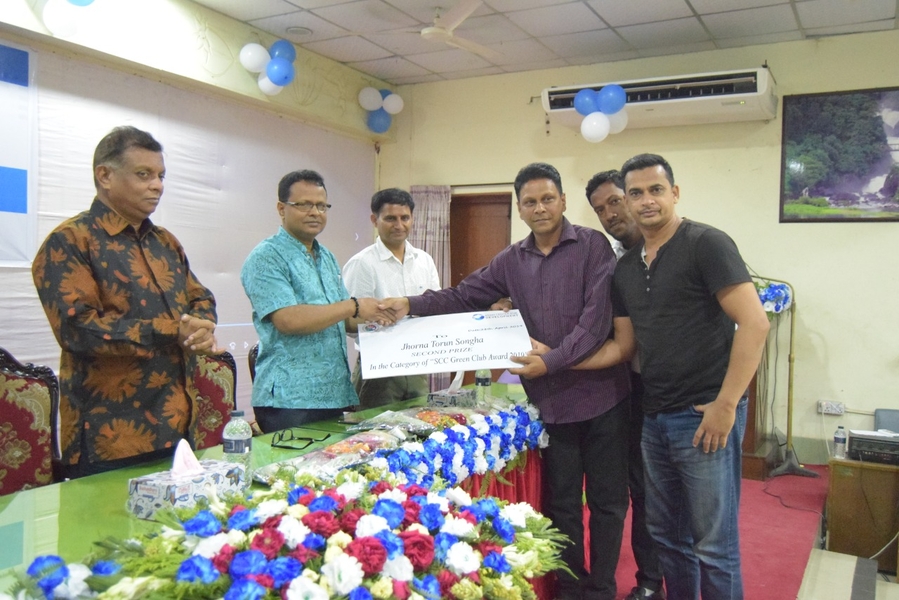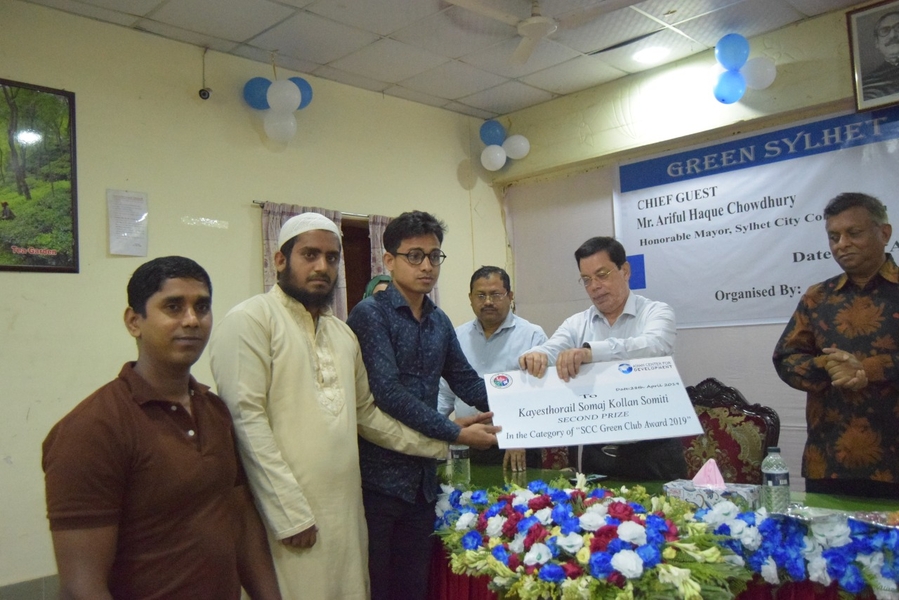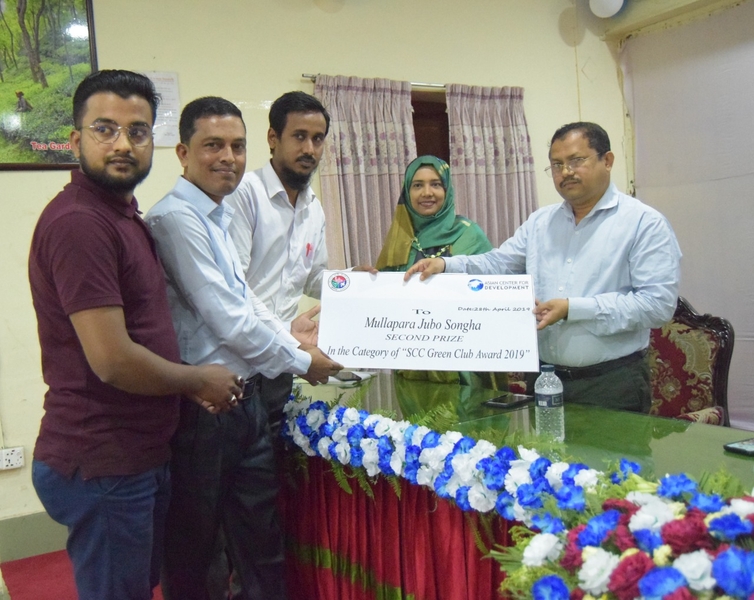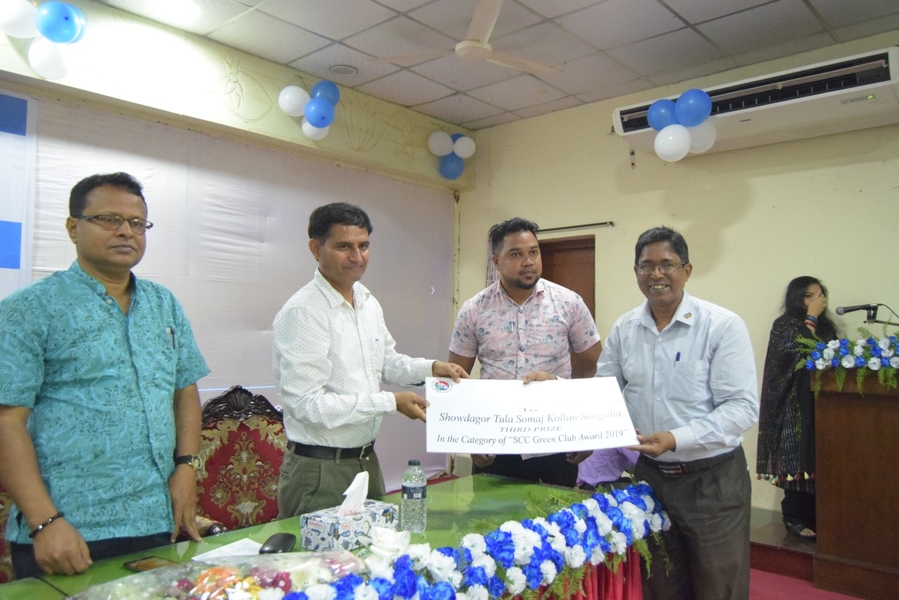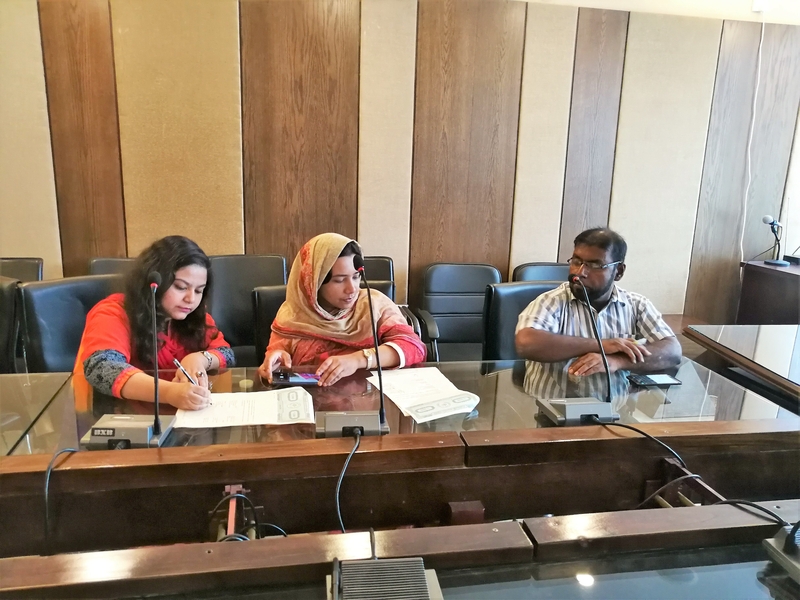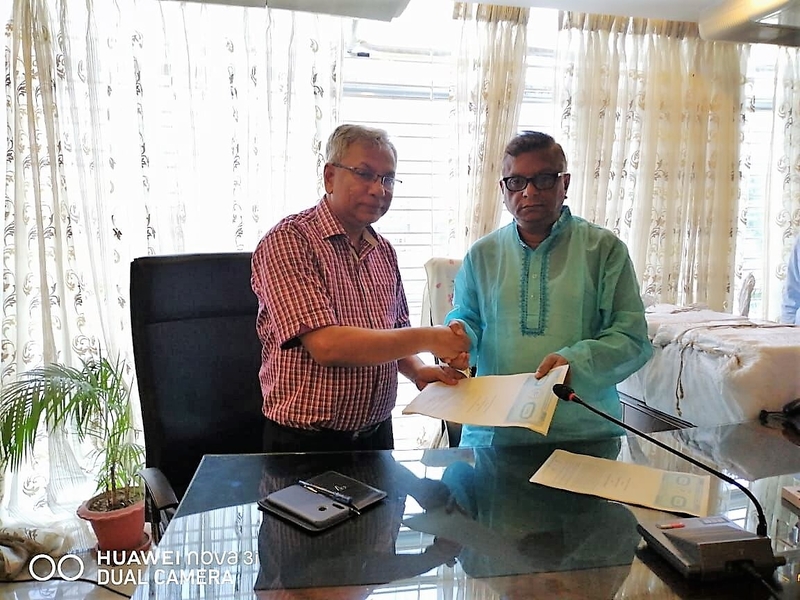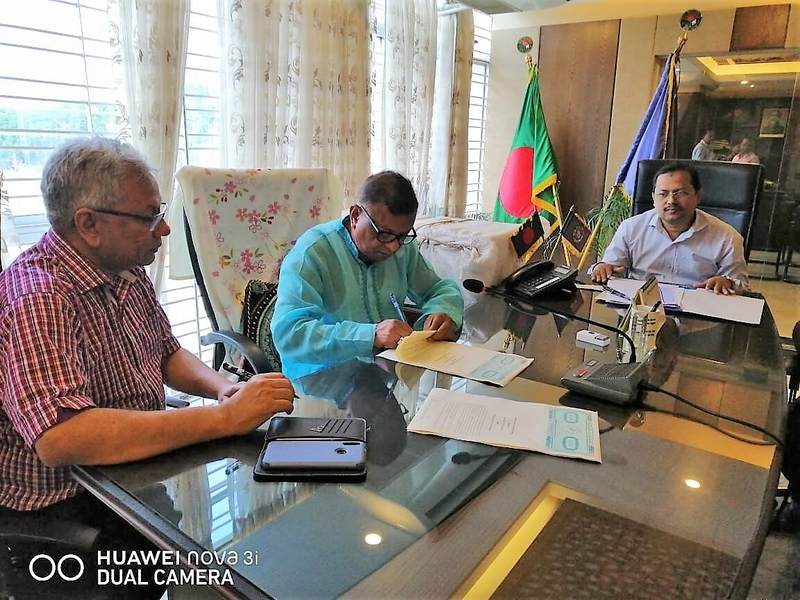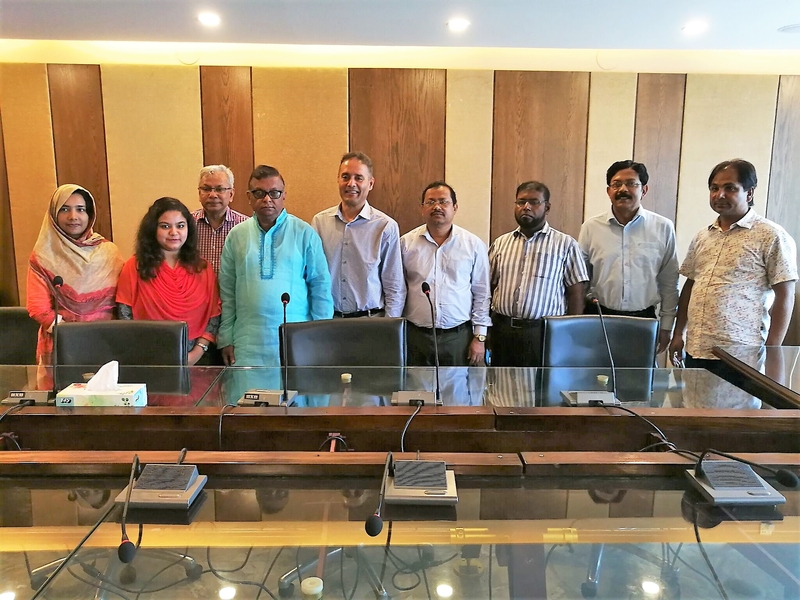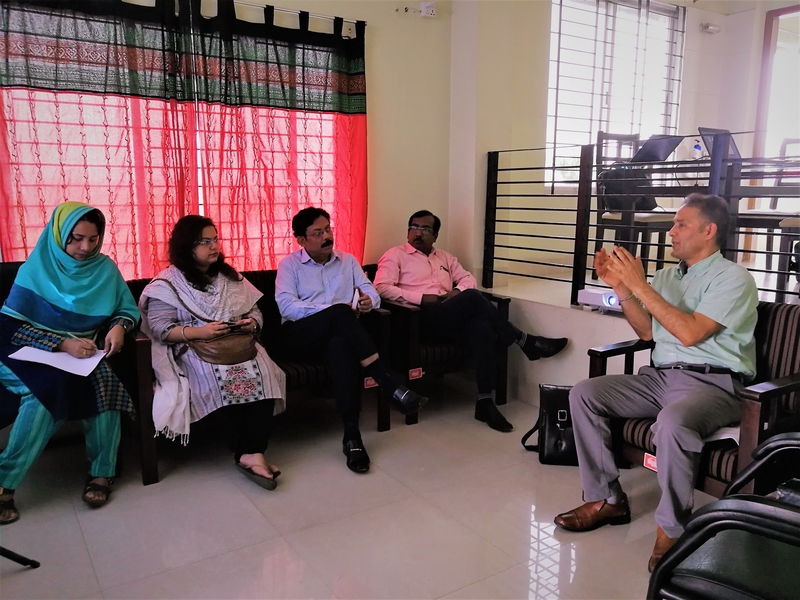Assam-Sylhet Circuit of Nature-Based Tourism and Conservation
Synopsis – This 15-day tour program begins in India (supported by the Asian Confluence). Participants follow a nature trail to understand natural, cultural and biological diversities in Assam and Meghalaya for 7 days. and then enter into Bangladesh through the Dawki-Tamabil land border. They follow the rivers and nature in Sylhet and see the interconnections between the transboundary rivers. During the 7-day stay in Bangladesh, they visit some unique ecosystems like haors, swamp forests, tropical rain forests and travel to Dhaka by road. Finally, the participants exit Bangladesh through Dhaka Airport.
Travel – Arrive via Kolkata/Delhi/Mumbai to Guwahati, India and Depart via Dhaka, Bangladesh
Duration – 15 days
Cost – 1000 USD/ person (minimum group size = 10 pax or/and its multiples)
Includes – local road travels, breakfast, lunch, and dinner and lodging in two/three-star hotels based on twin sharing.
Excludes – Any air travel within Bangladesh and India and outside; visa fees; health insurance;
Participants – Students of any undergraduate program.
Learning objectives – understand a) issues related to transboundary rivers; b) cultural diversity in Northeast India and Bangladesh; c) strategies of nature-conservation adopted by communities and governments; and analyze potentials of nature-based tourism to benefit local communities.
Academic partners – Asian Center for Development and Asian Confluence.
Structure of the Immersion Program – 30 hours of field visits + 5 hours of interactions + 3 hours of debriefing activities = 43 hours of study/week
Course Outline
Week 1: Assam and Meghalaya
Diversity of Culture
- Geology and Nature of Assam and Meghalaya landscape
- Cultural variations between the plains of Brahmaputra and Hills of Meghalaya
- Living with flood and resilience
Living with nature
- The production system in the hills
- The production system in the plains
- Transport networks and indigenous innovation (living root bridge)
Conservation efforts
- Community-based conservation of nature
- Green living concepts
- Homestay and community–based tourism
Week 2: Bangladesh
Living in the Plains
- Understanding rains and waters and its impacts on life
- Rights and access issues on water and wetlands
- Fish vs rice – the livelihood of people
Living with floods
- Challenges of Conservation in densely populated areas
- Fish sanctuaries
- Gibbon sanctuary
- Bird sanctuary
Tourism activities
- Religious tourism
- Ethnic communities and artisanal products
- Homestay vs 5-star tourism

